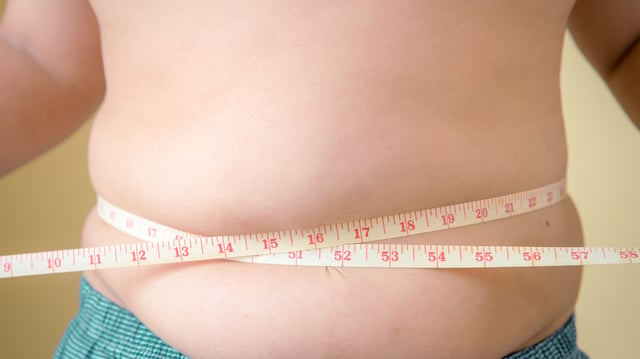Overview
- According to a Duke University study in Proceedings of the National Academy of Sciences, excessive calorie intake contributes about ten times more to obesity than reduced physical activity.
- The research analyzed data from 4,213 individuals across 34 populations on six continents, spanning hunter-gatherers to residents of industrialized nations.
- Overweight participants in wealthier countries exhibited both higher body fat percentages and increased energy expenditure, challenging the notion that inactivity alone drives weight gain.
- Investigators point to the widespread availability and low cost of processed foods such as sausages, sweets and ready meals as a catalyst for excess calorie consumption.
- The findings offer a scientific basis for revising obesity prevention strategies in Germany, where roughly two thirds of men and half of women are overweight, toward a nutrition-focused approach.


